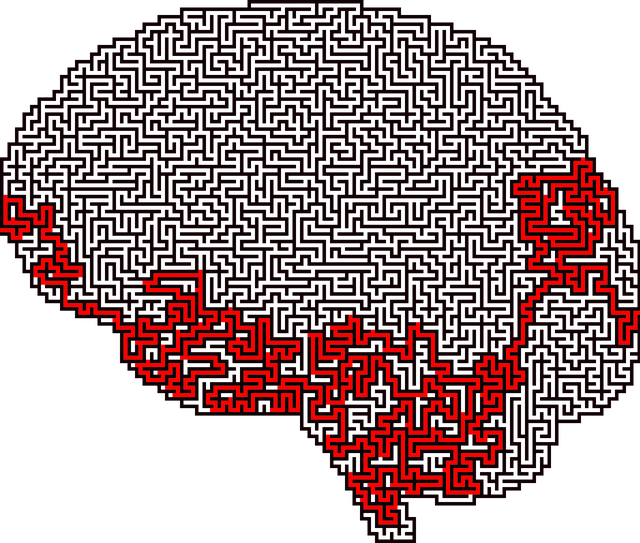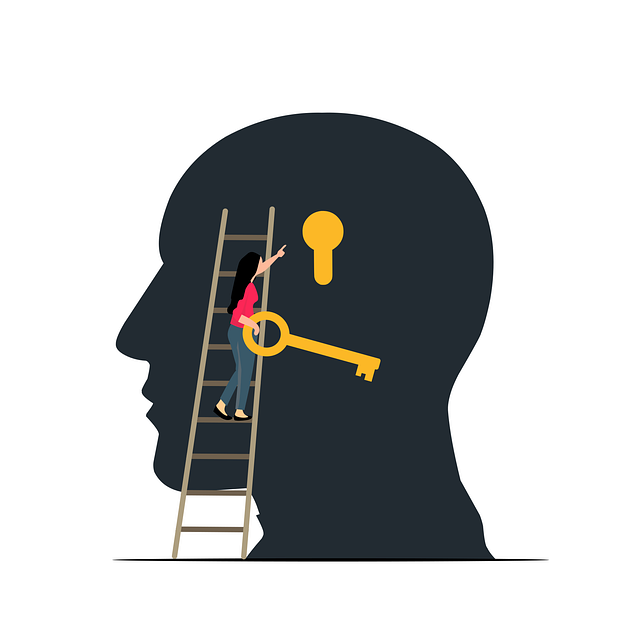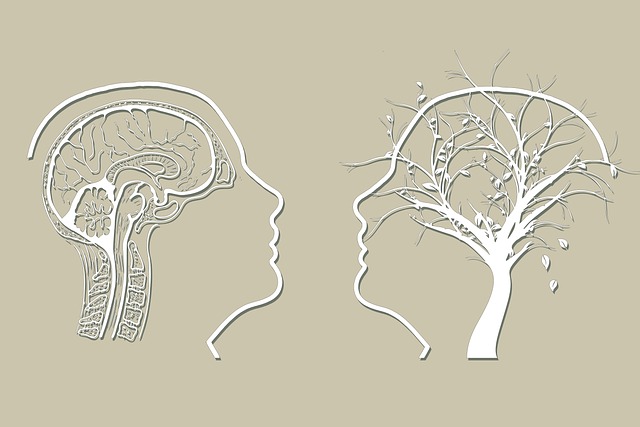Emotional intelligence (EI) is a vital component of childhood development, impacting social interactions and mental well-being. Early intervention through tailored child therapy, focusing on self-esteem and emotional awareness, significantly enhances EI skills. Integrated into education, these programs empower kids to express emotions healthily, set boundaries, and build positive relationships, promoting stress management and resilience. Key strategies include mindfulness meditation, open communication, journaling, and trauma support services. Therapy for Children Self-Esteem teaches communication and risk management, fostering stronger social connections and emotional understanding. Parenting plays a crucial role through everyday practices like validating feelings, modeling emotional regulation, and encouraging mindfulness exercises.
Emotional intelligence (EI) is a cornerstone of successful, fulfilling lives, particularly for children whose brains are still developing. Understanding and nurturing EI can empower kids to navigate their emotions, build strong relationships, and adapt to challenges. This article delves into various aspects of emotional intelligence development, including the role of self-esteem, practical strategies for parents, and therapeutic approaches tailored for children. By exploring these avenues, we aim to provide insights into fostering healthy, emotionally intelligent minds.
- Understanding Emotional Intelligence: A Foundation for Children's Growth
- The Role of Self-Esteem in Emotional Intelligence Development
- Strategies to Foster Emotional Awareness in Kids
- Therapeutic Approaches for Enhancing Social Skills and Empathy
- Practical Tips for Parents: Nurturing Emotional Intelligence at Home
Understanding Emotional Intelligence: A Foundation for Children's Growth

Emotional intelligence (EI) forms a crucial foundation for children’s overall growth and development. It involves recognizing, understanding, managing, and effectively utilizing one’s own emotions, as well as empathizing with others’ feelings. Early childhood is a vital period to cultivate EI, as it paves the way for healthy social interactions, improved self-awareness, and better mental health outcomes later in life. Through therapy for children tailored to enhance EI, young individuals can develop essential skills like self-regulation, empathy, and emotional awareness, which are key components of emotional intelligence.
Mental Health Education Programs Design focused on emotional intelligence can equip children with the tools to navigate their emotions constructively. This includes teaching them to identify and express feelings healthily, set boundaries, and foster positive relationships. By integrating EI into education, these programs contribute significantly to stress management in children, enabling them to cope with challenges more effectively. Moreover, building strong self-esteem through emotional intelligence can protect against mental health issues and promote resilience among young people.
The Role of Self-Esteem in Emotional Intelligence Development

Building emotional intelligence (EI) is a multifaceted process, and one of its key components is self-esteem. Healthy self-esteem serves as a foundation for developing strong emotional awareness and effective coping strategies. In children, therapy for self-esteem can be instrumental in fostering EI by teaching them to recognize and value their worth, which is essential for navigating social interactions and managing emotions.
When children have a robust sense of self-worth, they are better equipped to handle challenges, such as anxiety or stress. Techniques like mindfulness meditation can enhance this process by promoting present-moment awareness and teaching them to regulate their emotional responses. By addressing underlying insecurities and building resilience through these practices, children can develop the emotional intelligence necessary for leading fulfilling lives, including improved social interactions, better decision-making, and enhanced overall well-being, thereby reducing anxiety relief efforts.
Strategies to Foster Emotional Awareness in Kids

Teaching emotional awareness to children is a vital step towards fostering their mental wellness and self-esteem. Parents and caregivers can play a crucial role in this process by creating a safe, supportive environment where kids feel comfortable expressing their feelings. Encouraging open communication and active listening helps children identify and understand their emotions. Simple tools like journaling exercises can be introduced to help them reflect on and articulate their experiences.
Mindfulness meditation practices tailored for children can also enhance emotional intelligence. These techniques teach young minds to stay present, observe thoughts without judgment, and regulate emotions effectively. Additionally, trauma support services specifically designed for kids can address any underlying issues that may hinder emotional growth. By integrating these strategies into daily routines, we empower children to navigate their emotional landscapes with confidence, building a strong foundation for their overall mental health.
Therapeutic Approaches for Enhancing Social Skills and Empathy

Building emotional intelligence (EI) is a multifaceted process, and therapeutic approaches play a pivotal role in enhancing social skills and empathy, especially for children. Therapy for Children Self-Esteem is one such avenue, focusing on nurturing self-awareness and fostering healthy interpersonal relationships. Through various techniques, therapists help young individuals understand their emotions, manage them effectively, and empathize with others. This involves teaching communication strategies that promote active listening, non-verbal cues interpretation, and expressive language, all of which are crucial for developing strong social connections.
Risk Management Planning for Mental Health Professionals is an integral component in these therapeutic settings, ensuring a safe and supportive environment. By incorporating confidence-boosting activities, therapists encourage children to step out of their comfort zones, engage in new experiences, and interact with peers. These strategies not only enhance self-esteem but also strengthen the capacity for empathy by exposing children to diverse perspectives and emotional expressions.
Practical Tips for Parents: Nurturing Emotional Intelligence at Home

Parenting is a powerful tool for fostering emotional intelligence (EI) in children. At home, parents can create an environment that encourages self-awareness and empathy by incorporating simple practices into their daily routines. One effective strategy is to engage in open conversations about emotions; discuss feelings, both positive and negative, and validate them without judgment. This helps kids develop a vocabulary for their emotions and understand that all feelings are valid.
Additionally, parents can model and teach emotional regulation skills. Managing emotions healthily involves recognizing triggers and responding mindfully. By demonstrating self-care practices like deep breathing or taking breaks when feeling overwhelmed, parents can show their children how to navigate intense emotions. Encouraging activities that promote mental wellness, such as mindfulness exercises or compassion cultivation practices, can also enhance EI. These approaches, combined with a nurturing and supportive home life, contribute to building strong emotional resilience in children, which is beneficial for their self-esteem and overall therapy for children.
Emotional intelligence is a vital skill set that can significantly impact a child’s future success and well-being. By fostering self-esteem, promoting emotional awareness, and implementing therapeutic approaches, parents and caregivers play a crucial role in enhancing social skills and empathy in children. The strategies outlined in this article provide a comprehensive framework for nurturing emotional intelligence, ensuring kids are equipped to navigate social interactions with confidence and compassion. With dedicated effort and the right tools, we can empower young individuals to thrive in an ever-changing world.














